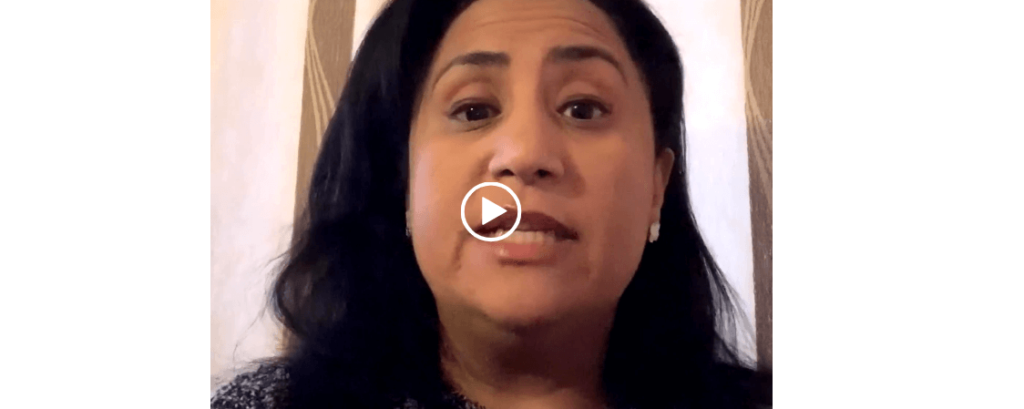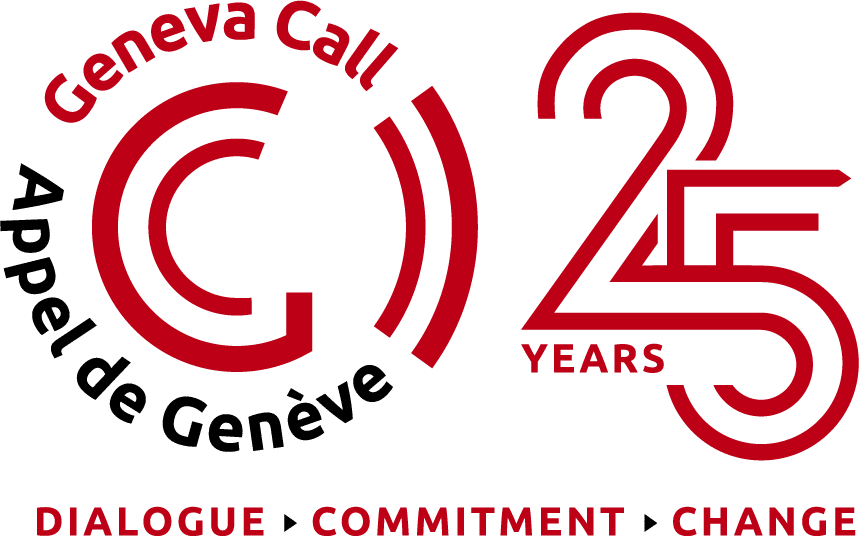
A message from the field: Working as a humanitarian in Yemen
30 March 2020
Yemen is entering its 6th year of the conflict; a conflict that unleashed one of the biggest contemporary humanitarian crises. Geneva Call continues calling on all armed parties involved in this conflict to adhere to and respect international humanitarian law (IHL) and spare civilians from the effects of hostilities.
On this day, Geneva Call’s Country Director in Yemen, Ms. Dina El Mamoun, speaks up and shares not only the reality of the situation on the ground but also a glimpse of Geneva Call’s work in the country.
“With the conflict (…) entering its 6th year, we find ourselves as humanitarians in Yemen repeating the same message year after year; civilians must be spared the impact of the conflict.”
In the context of an aggravating political and security situation as well as escalating tensions in different parts of the country, the need to change the behaviour of armed non-State actors involved in the conflict is paramount.
This is why Geneva Call intervenes; thanks to direct engagement with the Southern Transitional Council (STC) in the South, the group has committed to respect and promote international norms through signing three Deeds of Commitments in 2019: the Deed of Commitment for Adherence to a Total Ban on Anti-Personnel Mines and for Cooperation in Mine Action, the Deed of Commitment for the Protection of Children from the Effects of Armed Conflict and the Deed of Commitment Prohibiting Sexual Violence in Armed Conflict and towards the Elimination of Gender Discrimination.
In Yemen, Geneva Call is also in regular contact with different parties involved in the conflict, directly or indirectly, and urges them to apply, respect and promote IHL norms and principles to ensure the protection of civilians. Because one hand can’t clap, Geneva Call’s mission in Yemen strives to ensure local ownership and recognizes the importance of the different Yemeni NGOs, CSOs, women and community-based organizations in promoting the respect of IHL among armed non-State actors controlling areas, and in exercising their influence, as communities, in making them accountable for any violations of IHL.
